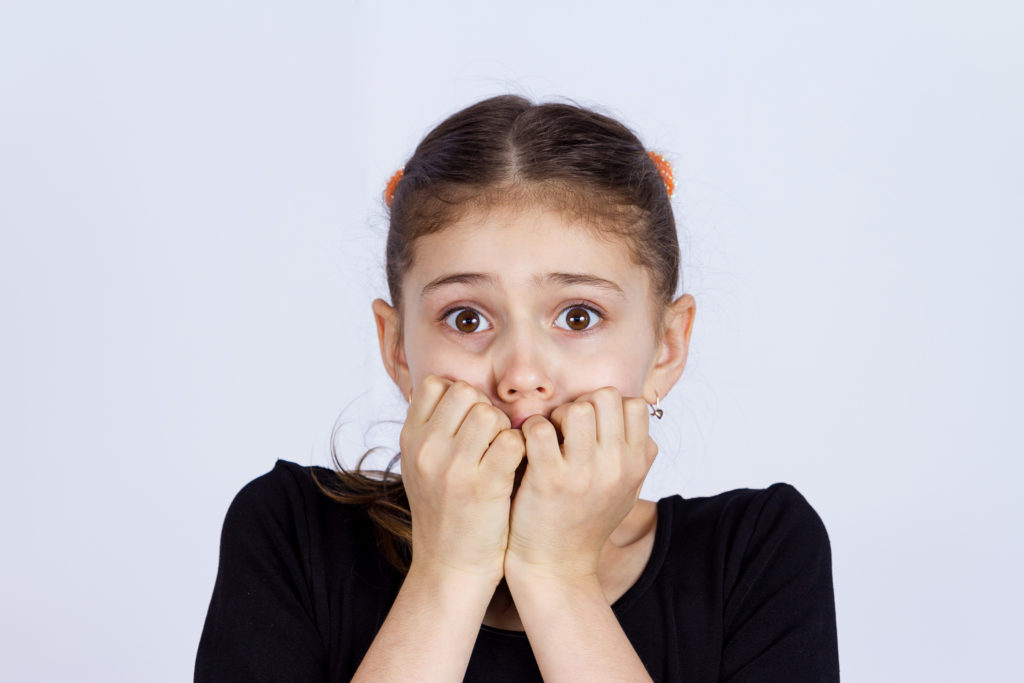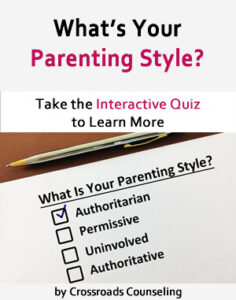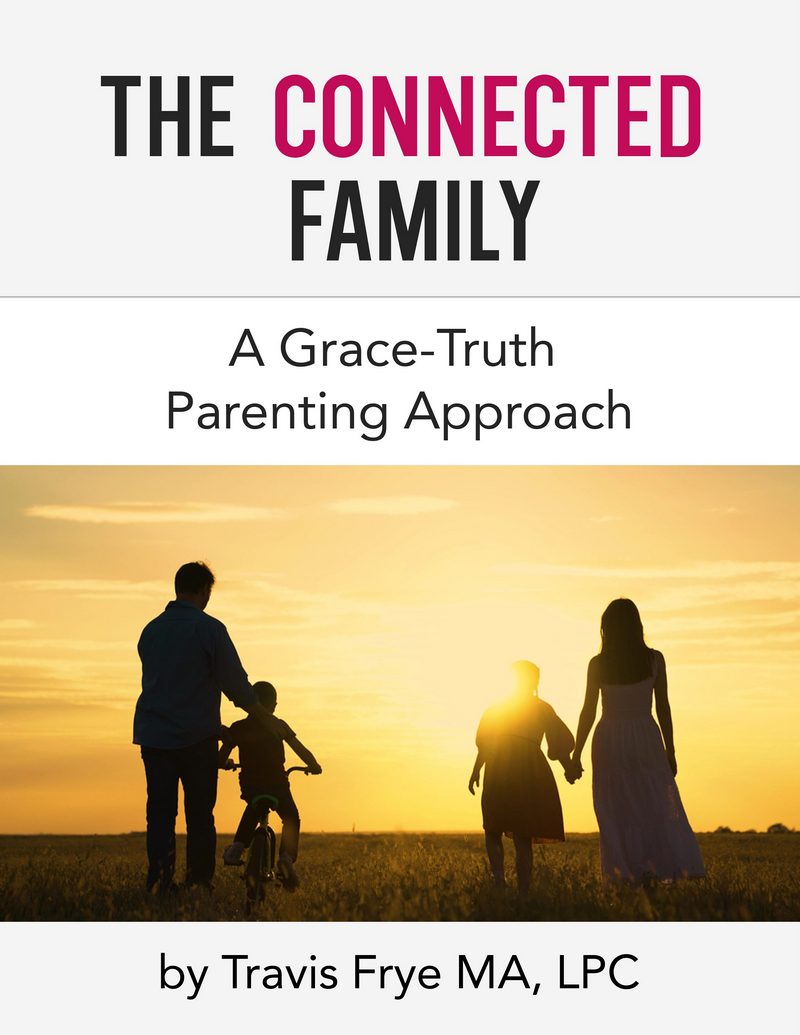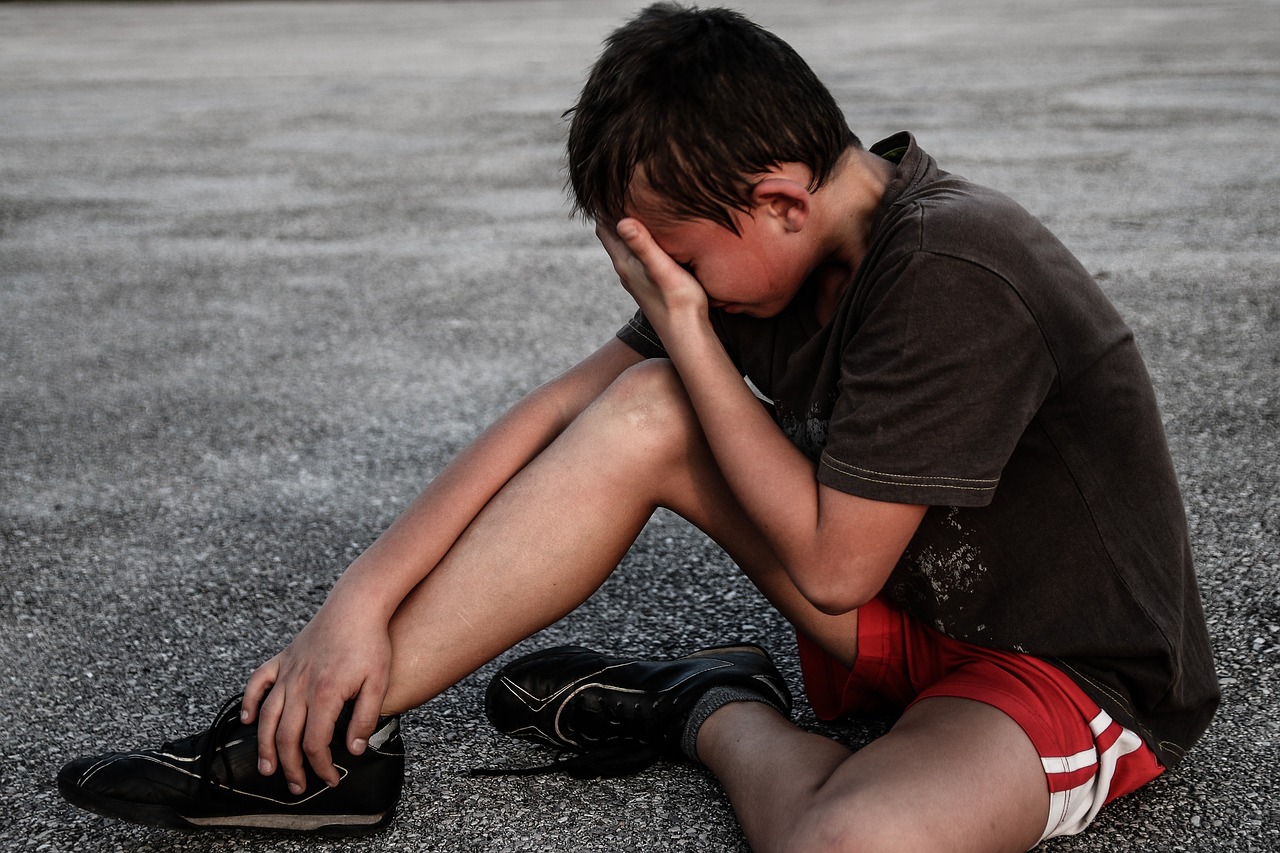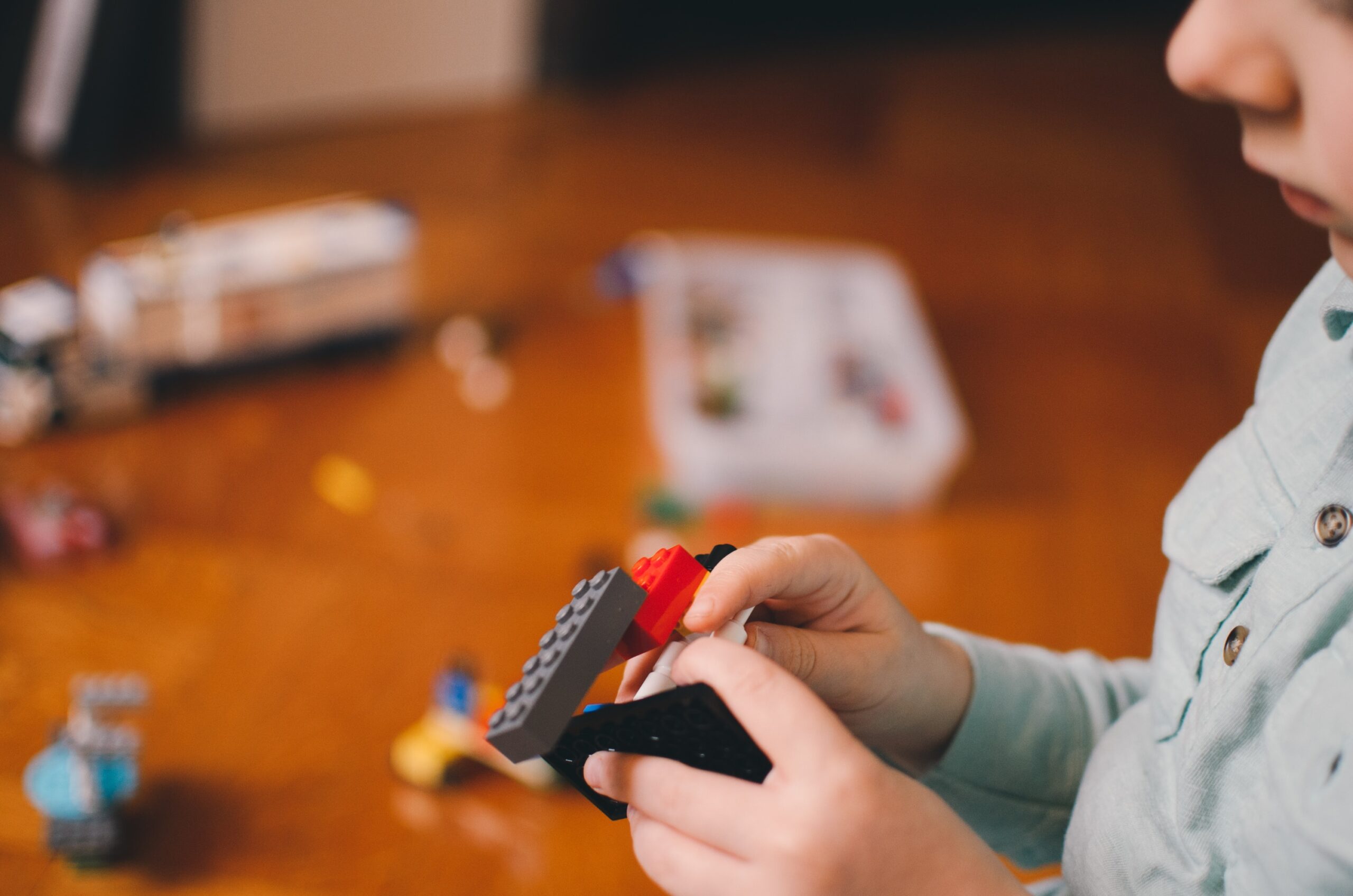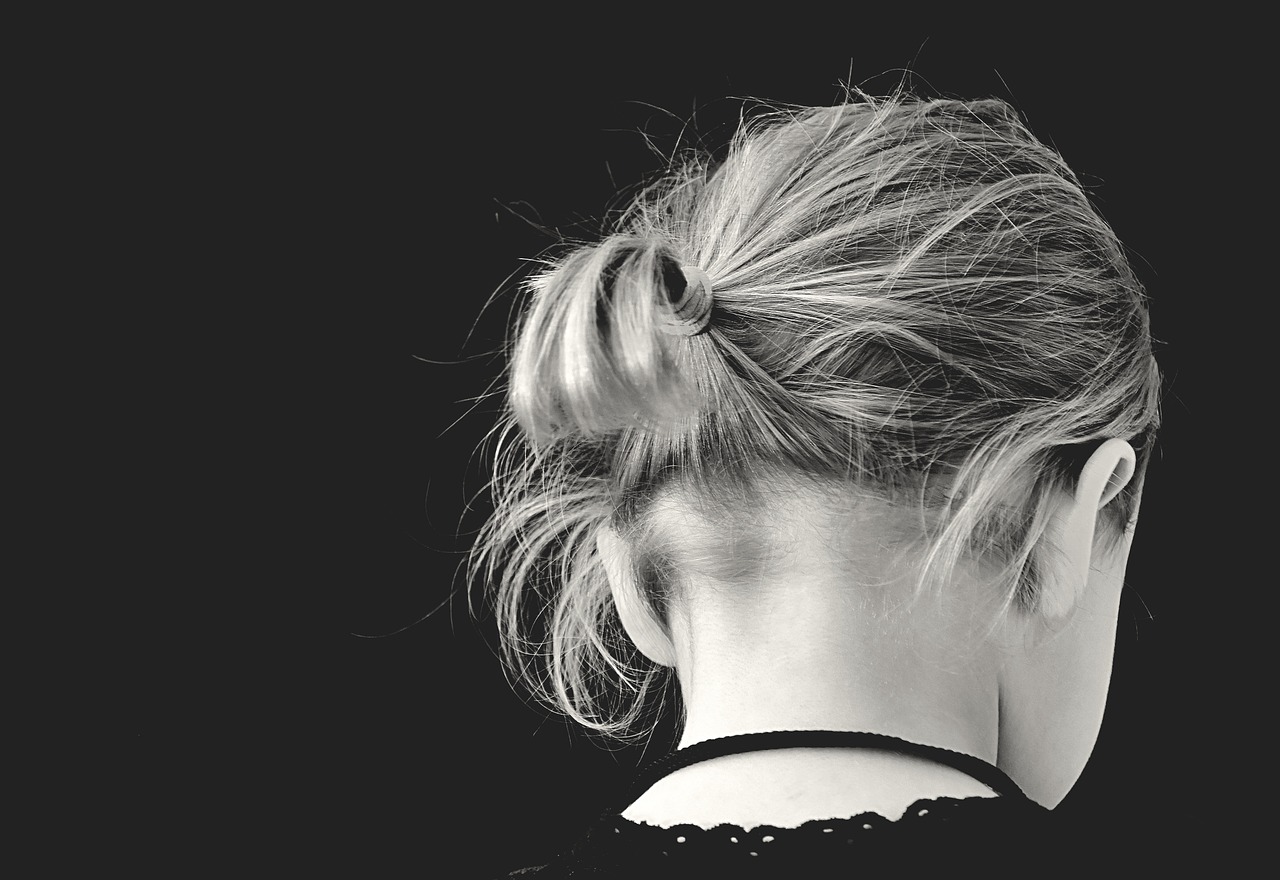Adults who have experienced anxiety know how painful and uncomfortable it is. But even adults may mistake their symptoms of anxiety for something else.
Identifying the signs of anxiety in children can seem even more difficult. Youngsters typically don’t have the words for the big feelings they encounter. Also, their developmental stages mean that they often don’t know why they react in specific ways.
They truly cannot control or predict their behavior much of the time. Recognizing the symptoms of anxiety in children, then, can require insight and a bit of detective work.
Because every child and situation are different, symptoms can be unique. However, symptoms of anxiety in children can often be classified into broad categories.
Misbehavior
What a parent would typically consider misbehavior may instead be signs of anxiety in children.
Temper tantrums sometimes fall into this category. Because children don’t have the words or understanding to express fear, it might be displayed through yelling, backtalk, or refusal to do what is asked. While children or parents may not realize it, children are actually trying to protect themselves from what they fear.
Take time to reflect upon what else is going on in a situation when a child misbehaves. Perhaps there’s a trigger the adults don’t recognize. Maybe bath time always creates deep anger or being asked to take out the garbage after dark.
Complaining, Excuses, and Avoidance
Complaining is another behavior that parents may miss. This behavior often occurs in social situations. Even if a child is eager to attend a group playdate or family function, they may frequently end up complaining. They may say they don’t like what the other kids have chosen to do and don’t want to join in.
If this happens consistently, pause and review the situation. Is the child not as confident in physical activities as the other kids present? Are they not as familiar with games or activities being played?
If so, they may be complaining because they very much want acceptance and approval from the other kids. They may be overly afraid to try something new and don’t want to fail.
School
If a child is overly concerned with getting things just right when doing schoolwork, music practice, or other projects, they may be displaying anxiety. Their fear of failure can actually cause their insistence on perfection. They may be trying to protect themselves from anxious feelings through being perfect or even by refusing to tackle a new assignment.
At its roots, perfectionism is about controlling a situation. Trying to keep control is a way that many people, adults as well, try to manage their anxiety.
Some performance anxiety happens to everybody. If a child repeatedly has enormous meltdowns over missing a note in a piano piece or spelling a word wrong, anxiety may be at play.
Physical Symptoms
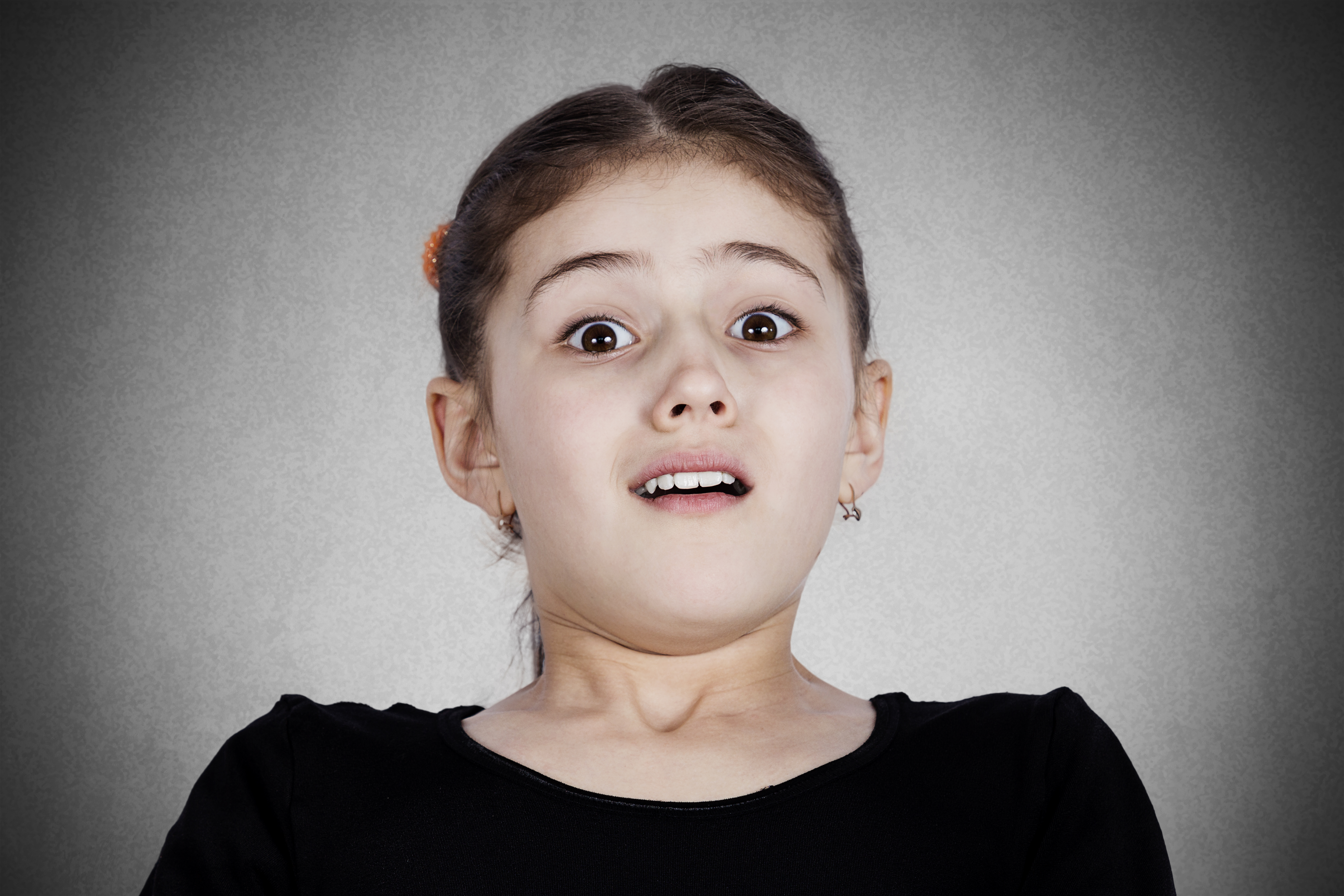
Because children do not have the words to express emotional feelings of anxiety, they also probably do not understand its physical manifestations in their bodies. Parents and teachers may miss anxiety symptoms and attribute them to other disorders, such as ADD/ADHD or behavioral disorders. Children who are irritable, restless, have a hard time focusing, struggle with falling asleep, and similar behavioral issues may be displaying anxiety.
Sometimes, of course, the signs of anxiety in a child are unmistakable and mirror those of adults. Specific triggers can create palpable fear, panic, and avoidance in a child. Perhaps it’s a big dog, thunderstorm, or a new environment.
Genetics, temperament, and life experiences can all play into anxiety in children. While childhood fears are rational, when they start to limit and control a child’s life, it is wise to seek a professional opinion.
Begin Working With A Child Therapist in Phoenix, Scottsdale, and online in Arizona
Our team of caring therapists understands that the decision to start therapy for your child can be challenging. This is why we are happy to offer a complimentary 20-minute phone consultation. Our locations for counseling are located throughout the valley with counseling centers located in Phoenix, Anthem, Scottsdale and online anywhere in Arizona. You can start your therapy journey with Crossroads Counseling by following these simple steps:
- Contact Crossroads Counseling for a complimentary 20-minute phone consult
- Meet with a therapist trained in child therapy
- Start coping with your anxiety symptoms
Feel free to learn more about our practice by visiting our about page, FAQ, and blog, or read more about our staff members to start finding your best therapeutic fit! or, call us at 623-680-3486, text 623-688-5115, or email info@crossroadsfcc.com for more information!
